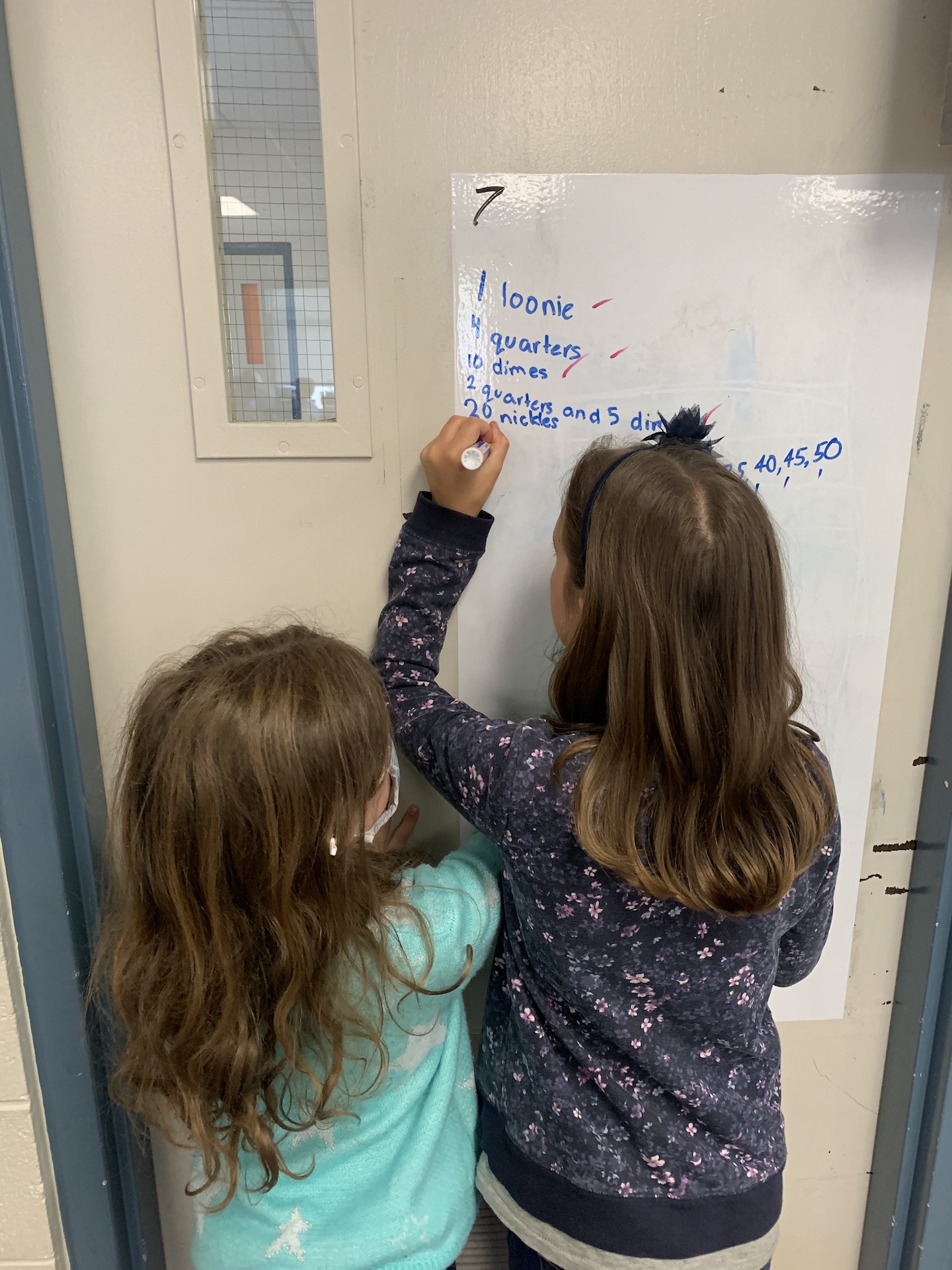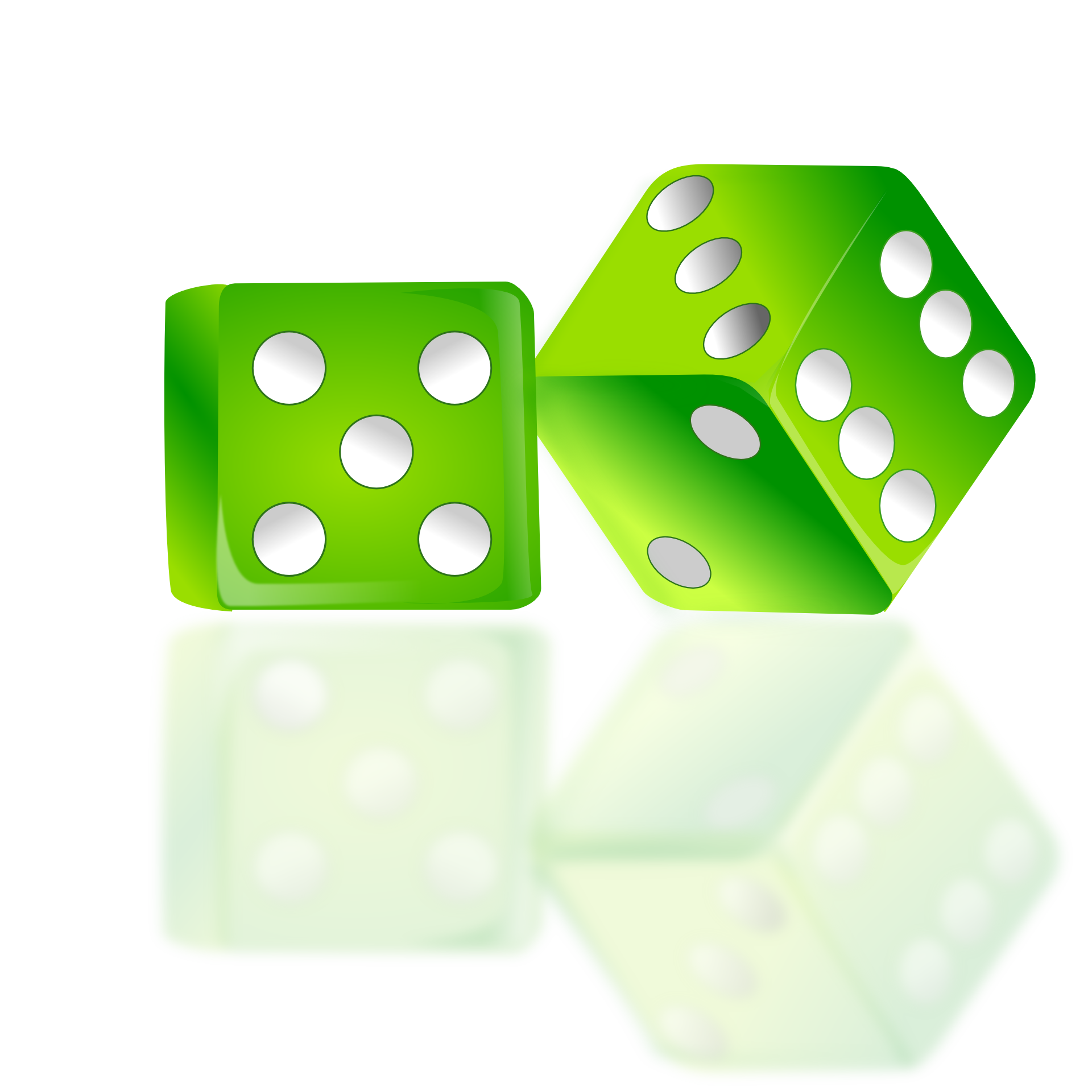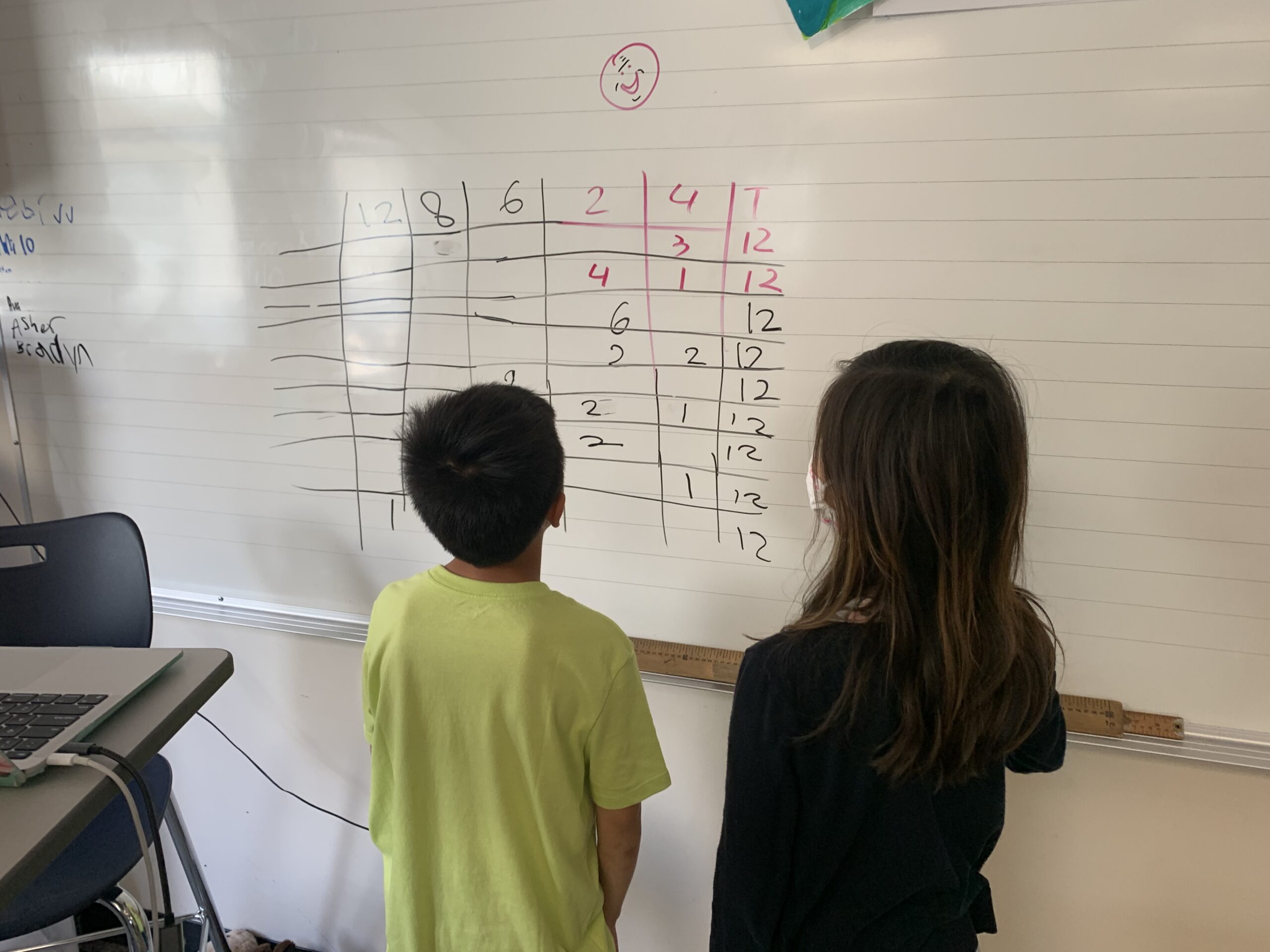In reading about the different approaches to education and curriculum I realize that I don’t fit into any one particular box. I like elements of several and combine what works for me and my students to best fit their needs. If I were to pick one that best connects to my style of teaching it would be interdisciplinary, I try as much as possible to work in a cross curricular manner so that students make connections between subjects and to the world. “it is not too difficult to find a theme which crosses over disciplinary boundaries in literature, art and history or science and mathematics. Studying topics thematically is one way to bring ideas together resulting in more meaningful learning,” (Weller & Appleby, 2021). This makes me think of our current biographies unit that encompasses our non-fiction reading and writing goals as well as many of our social studies competencies, this project also crosses over into art and Applied Skills Design and Technology. For some students our biographies may cross into PE, Math, Science or Arts depending on the person they have chosen to learn about. This aligns with some of what is discussed in the Hutchinson article, namely, “A project topic is nearly always aligned with the curriculum, often interdisciplinary, and guided by a driving question – a carefully crafted, open-ended question that directly captures the focus of the project” (Hutchinson, 2015). Our open-ended question for our project is “what makes the person you are learning about a great human?”
There are challenges with project-based learning in grade 4, as much as I want it to be student lead and driven by student questions not all of my students are ready for that much freedom to pursue a project from start to finish. We have to meet our students where they are at, my nine-year-old grade 4s ask amazing questions, make fabulous observations and are passionately curious however they don’t yet have the skills to narrow down topics into manageable research questions. The Hutchinson article reminded me of the Mackenzie graphic about the four types of inquiry in our classrooms and which got me thinking that we don’t have to do it all at once, I like the swimming pool analogy of inquiry in the Mackenzie graphic which I think can be expanded to Project Based Learning. It starts in the shallow end with structured inquiry or by extension structured projects weather for our own comfort or to ensure our students success, we would never throw a brand-new swimmer into the deep end and expect it to go well, we start by the wall in the shallow end and as skills are built venture away from the walls and into the deep end. Our project based learning ideas are the same way, as students build skills and understanding of how to work on projects you move deeper into inquiry and project-based learning. Looking at the current projects in my classroom we have some element of student choice in the topic, for example who they want to learn about we are following a mix of a controlled inquiry and a guided inquiry approach to project based learning as it is the most appropriate for where my students skills are at.
(MacKenzie, 2016)
I think as teachers we often feel that it is an all or nothing with an approach to teaching and learning. Our styles and what works for us in our classrooms are as unique as the students we teach. We bring our academic knowledge as well as life experiences and our own personalities to make it happen. No style or approach is one size fits all, we take the things we love most about several and make it our own. That is part of the joy of teaching, being able to put our own creativity and spin on what we do and how we meet every one of our students where they are at.
Which styles speak to you most?
What new approach would you like to try next?
Bibliography
Hutchinson, D. (2015). Project-Based Learning: Drawing on the Best Practices in Project Managment. What Works? Research into Practice.
MacKenzie, T. (2016, December 1). Bringing Inquiry-Based Learning Into Your Class. Retrieved from Edutopia: https://www.edutopia.org/article/bringing-inquiry-based-learning-into-your-class-trevor-mackenzie/
Weller, M., & Appleby, M. (2021). What are the benefits of interdisciplinary study?
- image_64601994321674794329913.png(18.64 KB)





